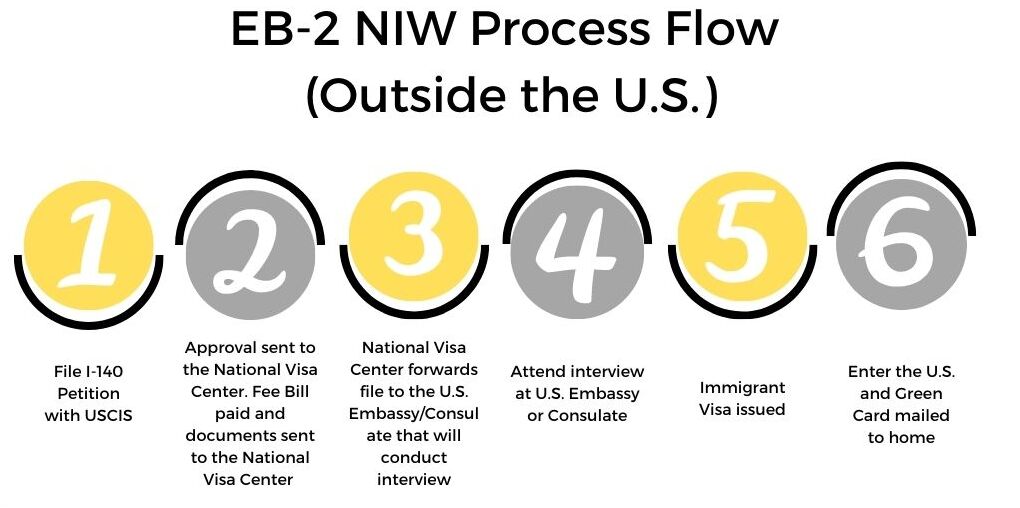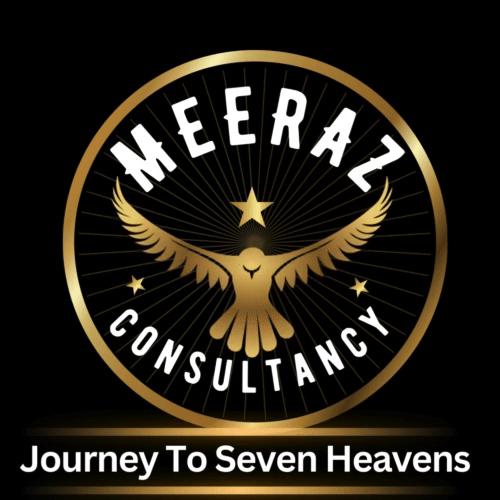
The EB-2 immigrant visa allows foreign workers with an advanced degree or with exceptional ability to live and work in the United States.
Generally, the EB-2 visa requires a job offer from a U.S. employer and labor certification. Labor certification can be an tedious process and requires a U.S. employer to apply through Program Electronic Review Management (“PERM”).
Under certain circumstances, it may be impractical to have an employer obtain labor certification on your behalf. To avoid the labor certification process, you may apply for a National Interest Waiver (“NIW”). If granted, a NIW allows you to forego the job offer and labor certification requirements.
The NIW exists so that foreign workers who may have significant or important contributions to make to the United States can immigrate without having a job offer. Because the purpose of the NIW is to provide benefits to the United States, U.S. Citizenship and Immigration Services (“USCIS”) has broad discretion in granting NIWs.
Typically, an EB-2 visa application must be filed by a U.S. employer on your behalf. The NIW process provides an important exception: if you seek a NIW, you may self-petition for a NIW and file a Form I-140, Petition for Alien Worker, on your own. Best USA EB2 NIW Immigration Consultant in Dubai, UAE. Best USA EB2 NIW Immigration Consultant in Karachi, Pakistan.
The Immigration and Nationality Act (“INA”) sets forth two steps that must be satisfied before USCIS, in its discretion, may grant your NIW petition. As a threshold matter, you must first demonstrate that you qualify for an EB-2 visa. You may satisfy this prong by showing that you hold an advanced degree or that you have an exceptional ability in the sciences, arts, or businesses. If you demonstrate your eligibility for an EB-2 visa, you must then establish that waiving the job offer and labor certification requirements would be in the United States’ national interest.
The INA is silent as to what the phrase “in the national interest” means. From 1998 – 2016, immigration officials relied upon Matter of New York State Dep’t of Transp. (“NYSDOT”) in determining whether a foreign worker was eligible for a NIW. NYSDOT established a three-part analysis:
Is the area of employment of substantial intrinsic merit?
Is the proposed benefit from the individual’s endeavors national in scope?
Would the national interest be adversely affected if labor certification was required?
Both petitioners and USCIS critiqued NYSDOT’s framework for being rigid and frequently misinterpreted. The third prong was particularly unworkable because the NYSDOT decision itself contained multiple articulations of what standard was to be used.
In an attempt to remedy the two decades of confusion over how to determine NIW eligibility, the Administrative Appeals Office (“AAO”) published Matter of Dhanasar in December 2016. This decision clearly articulated a revised standard for reviewing NIW petitions.
Under the Matter of Dhanasar standard, after a foreign worker has demonstrated EB-2 visa eligibility, the petitioner must demonstrate by a preponderance of the evidence that:
the proposed endeavor has substantial merit and national importance;
the foreign national is well positioned to advance the proposed endeavor; and
on balance, it would be beneficial to the United States to waive the job offer and labor certification requirements.
Once the three elements are established, USCIS has discretion to grant the NIW. For More Details Contact us
